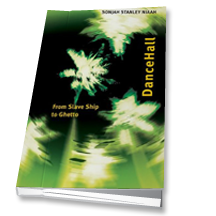
International symposium, 2010
The debates on immigration and the rise of human mobility in many countries of Europe and North America, but also in Australia, New Zealand and South Africa reflect a number of discursive productions of transnational, such as the perception of national borders porous, socio-economic insecurity and the growing political instability. In response to the increase in immigration flows and human mobility, many companies of emigrants (excluding France), strongly supported on multiculturalism as a response to social policy to deal with the problems of installation of the new immigrants, but also for thinking about the different issues of society such as the meaning of citizenship, social justice, intercultural tensions and social problems associated with it.
Recently, however, multiculturalism has been attacked and gradually began to decline as a concept that is meaningful to discuss the diversity of political, cultural, and religious in the wake of economic challenges and security risks are present and of human mobility uncontrollable. In fact, multiculturalism is now replaced by the discursive practices of the strongest, which tend to encourage a commitment to particular values of national identity. In this version remote multiculturalism, whose trajectories discursive seem to spend cosmopolitanism to assimilationnism, migrant populations in western countries, emigrants, as well as the western national benchmarks non-western visible and invisible, challenge and defy more the notions of representations, national belonging and cultural identity.
This symposium brings together a distinguished group of international scholars who will discuss and present their latest research and reflections on multiculturalism. Among other topics, participants will discuss the following key topics :
- Rethinking multiculturalism in/for the context of the 21st century
- Multiculturalism and transnational
- Multiculturalism and cultural representations
- Visibility/invisibility of racial minorities, cultural and religious societies migrated
- The state of multiculturalism and indigenous communities
- The events conflicting ideologies multicultural and ethics of political affiliation



